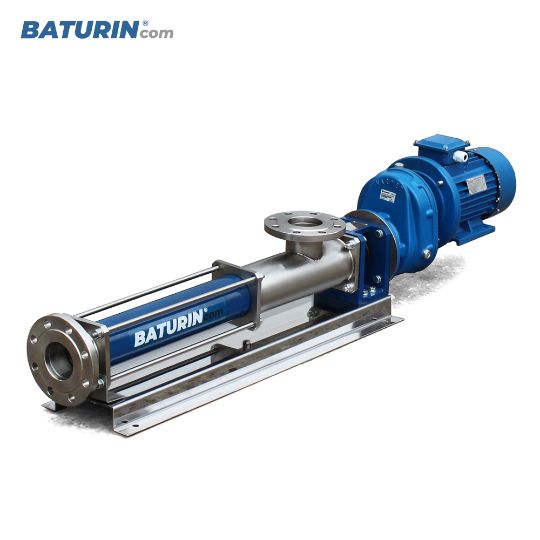
BH - PROGRESSIVE CAVITY PUMPS
- CAPACITY 0.5 - 2000 GMP / 0.1 - 500 m3/h
- PRESSURE up to 700 psi / 5 MPa
- FLUID TEMP up to 350'F / 175'C
- FLUID VISCOSITY up to 1'000'000 CPS

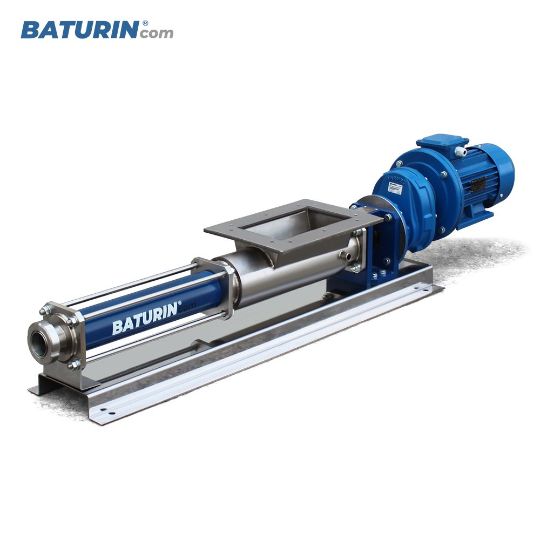

BM -DOSING METERING
PUMPS
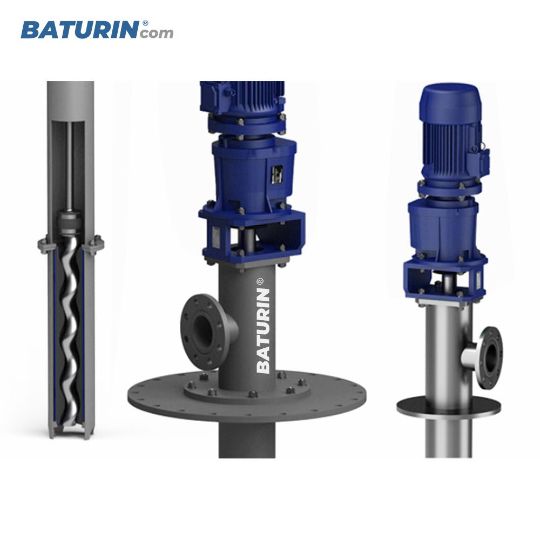
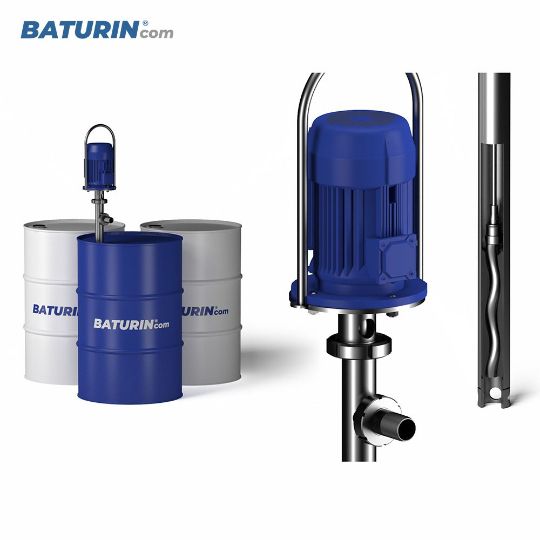
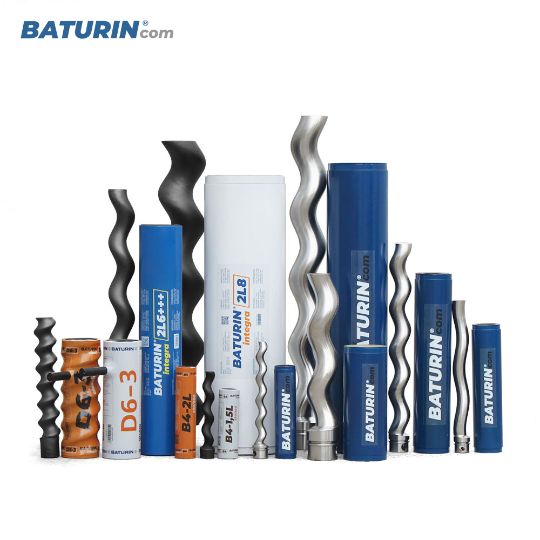
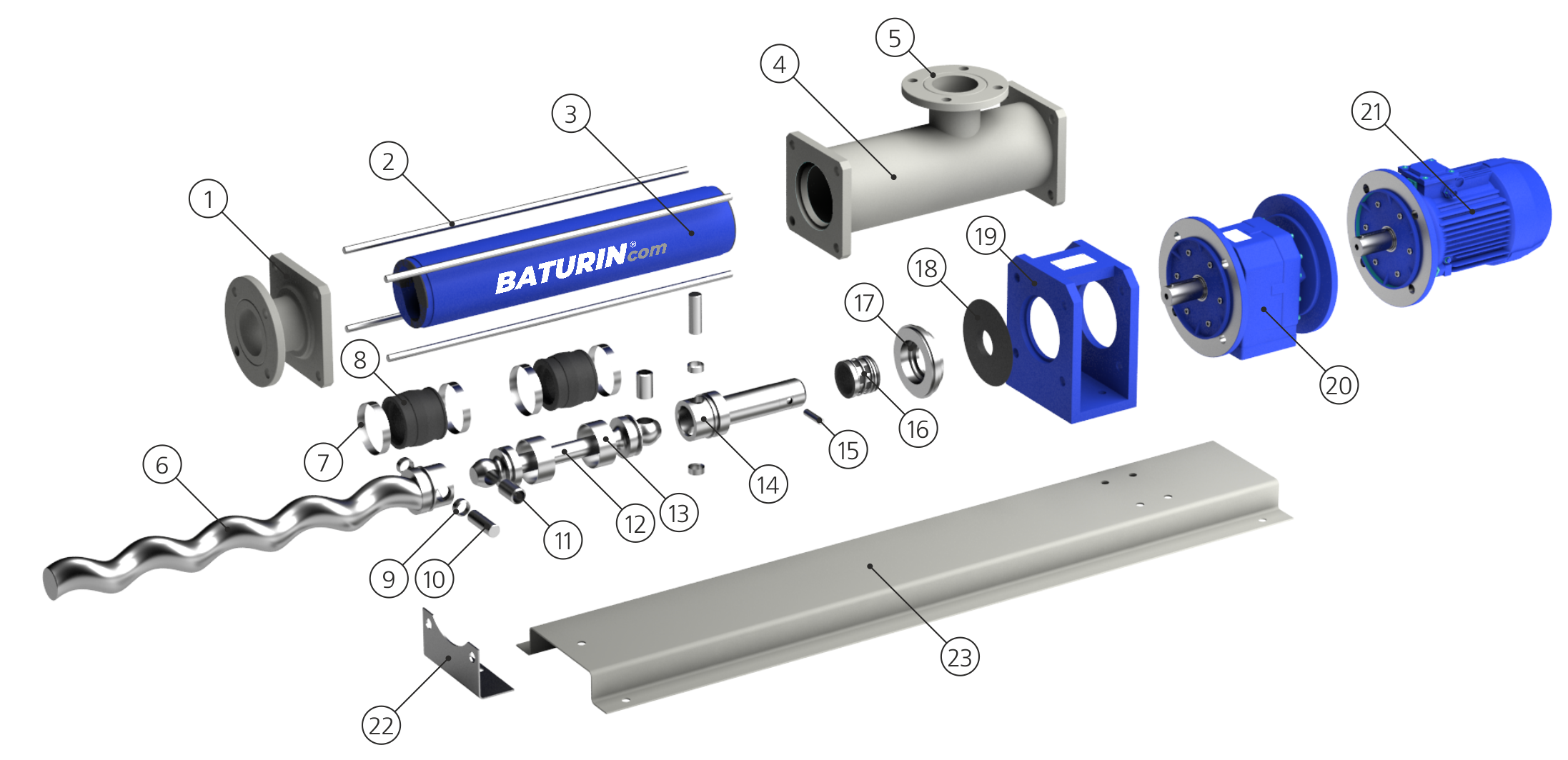
8. Boot Seal
9. Guide Bush
10. Coupling Rod Pin
11. Coupling Rod Bush
12. Coupling Rod
13. Retaining Sleeve
14. Plug-in Shaft
15. Shaft Pin
16. Shaft Sealing
17. Sealing Plate
18. Retaining Ring
19. Lantern
20. Gear Box
21. Drive
22. Support
23. Base Plate
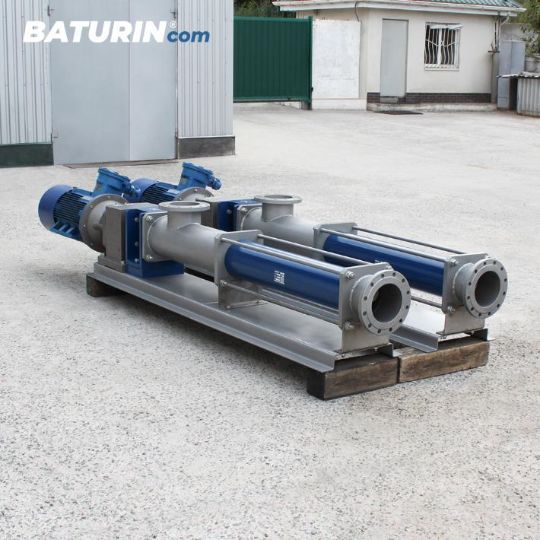
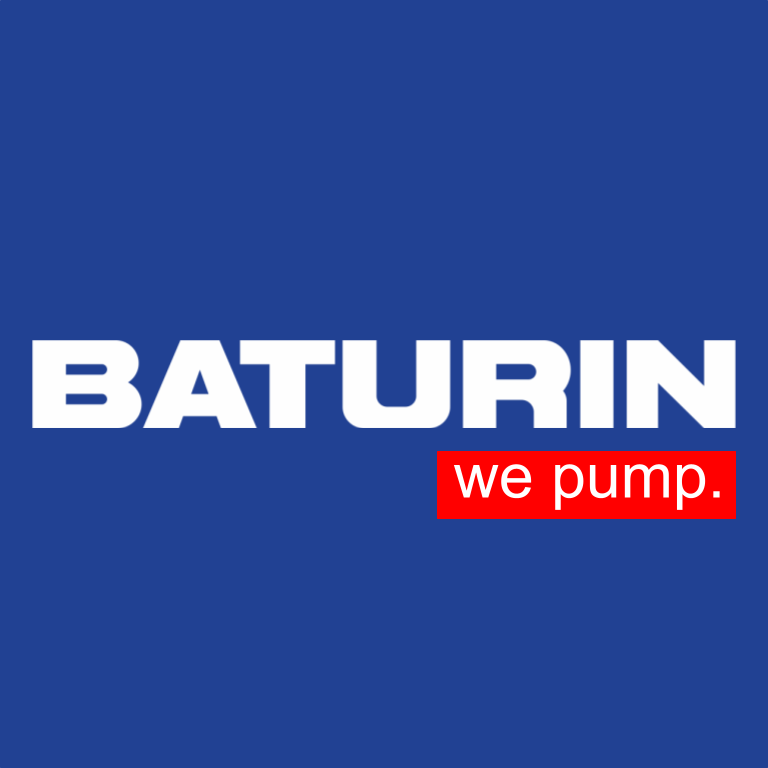
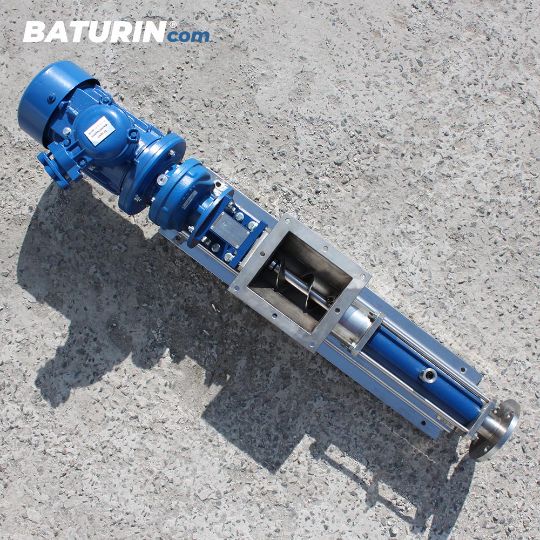

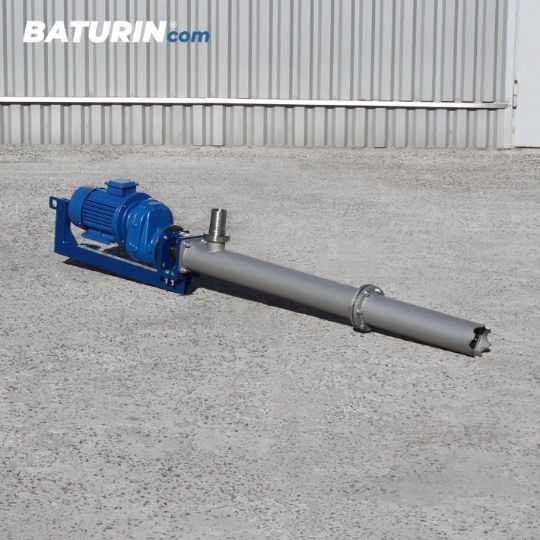

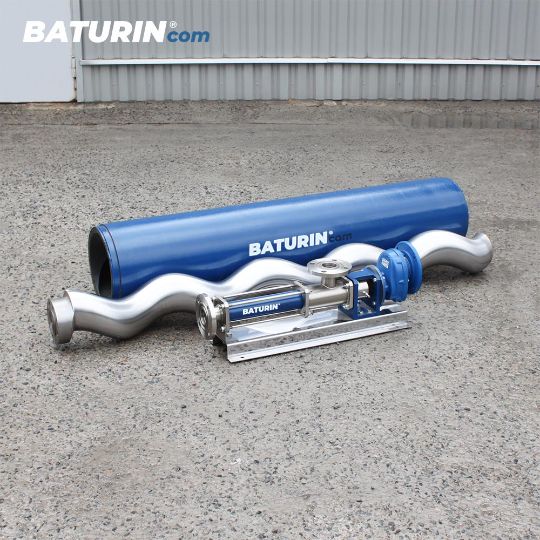

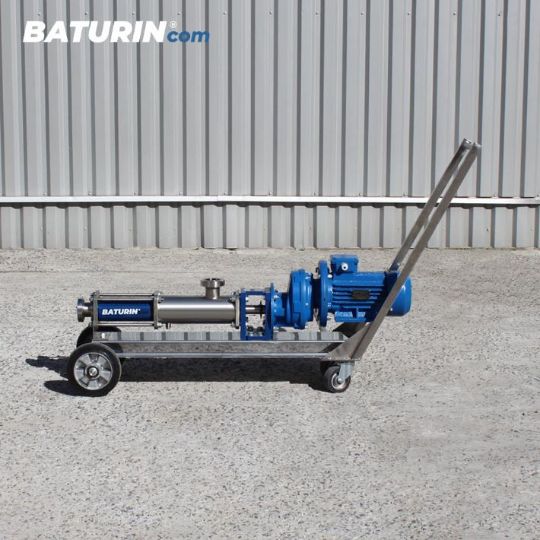

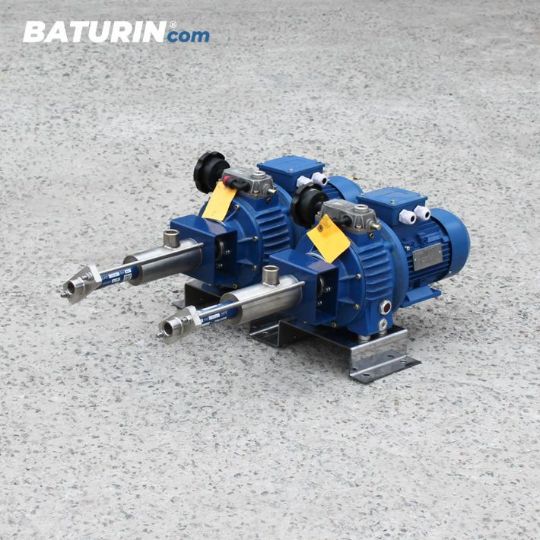

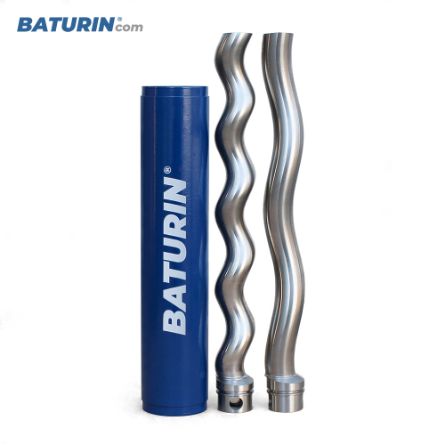
BATURIN® originated in 1991 as a family-owned company with a unique focus on the potential applications of Progressive Cavity Pumps technology. The company's initial formation was as a laboratory dedicated to researching the viability of using Progressive Cavity Pumps in the aerospace industry for the precise conveyance of fuel components. This marked the inception of BATURIN®'s journey, where the exploration of innovative solutions began.
As time progressed, BATURIN® transitioned from its experimental beginnings into a significant player in the manufacturing landscape. The company expanded its horizons beyond the aerospace industry and evolved into a prominent manufacturer of Progressive Cavity Pumps and Parts. With a comprehensive understanding of the technology's capabilities, BATURIN® broadened its reach to serve a diverse array of industries, becoming a reliable provider for a wide spectrum of applications. Today, the company stands as a testament to the evolution of vision into reality, offering quality solutions that span across multiple sectors.
Annual production volume:
6,000+ screw pumps per year
70,000+ stators per year
70,000+ rotors per year




© 2025 All rights reserved.